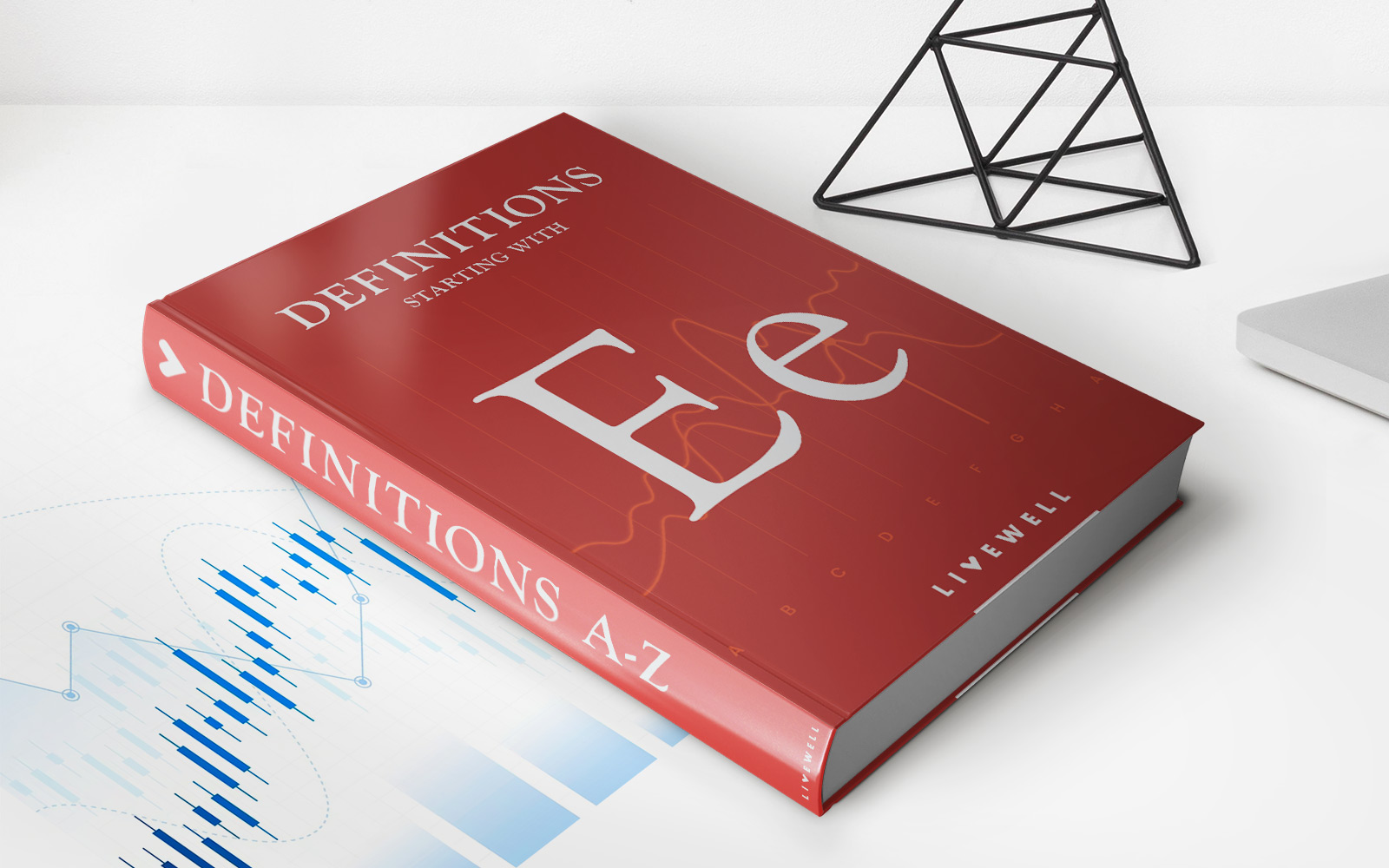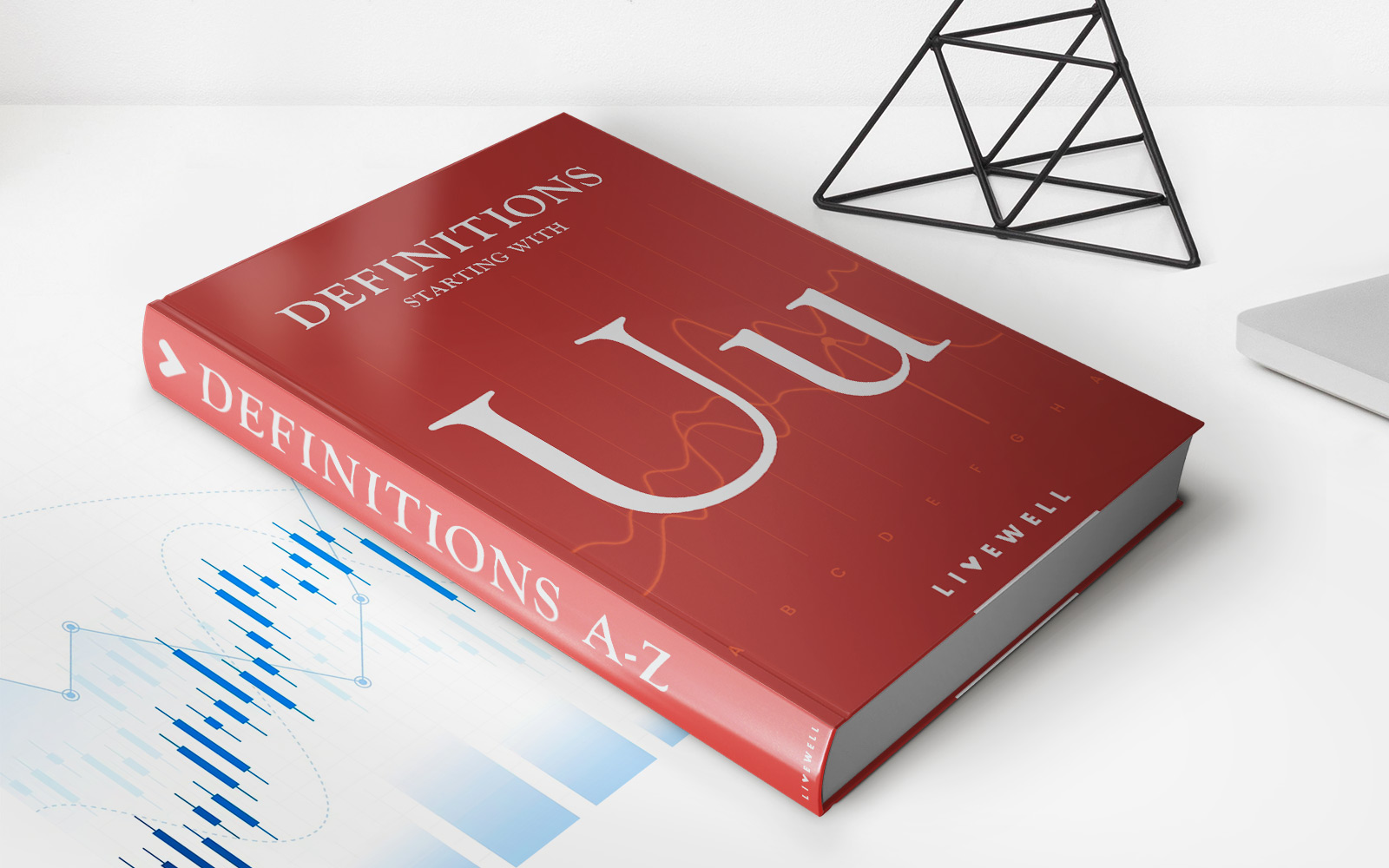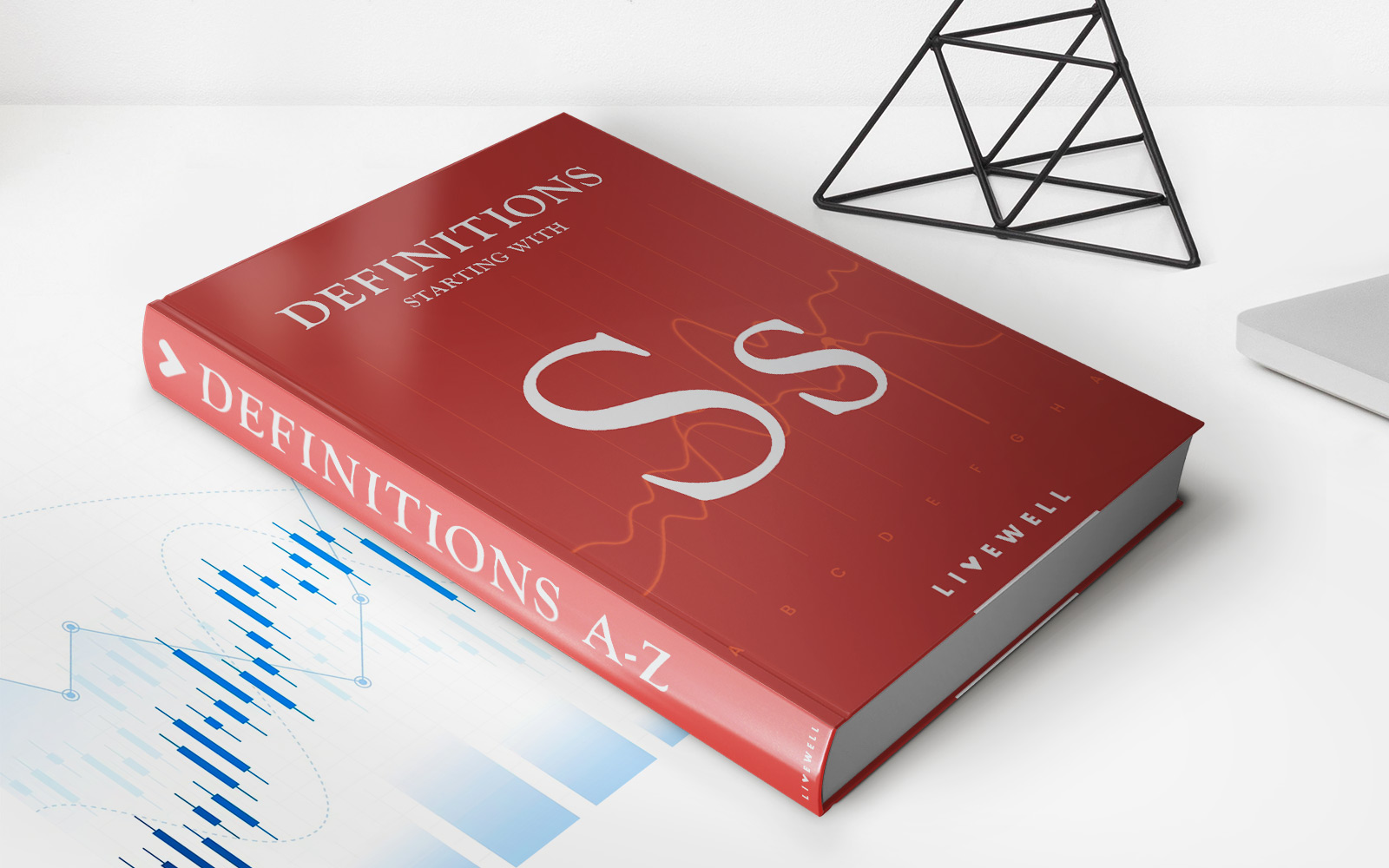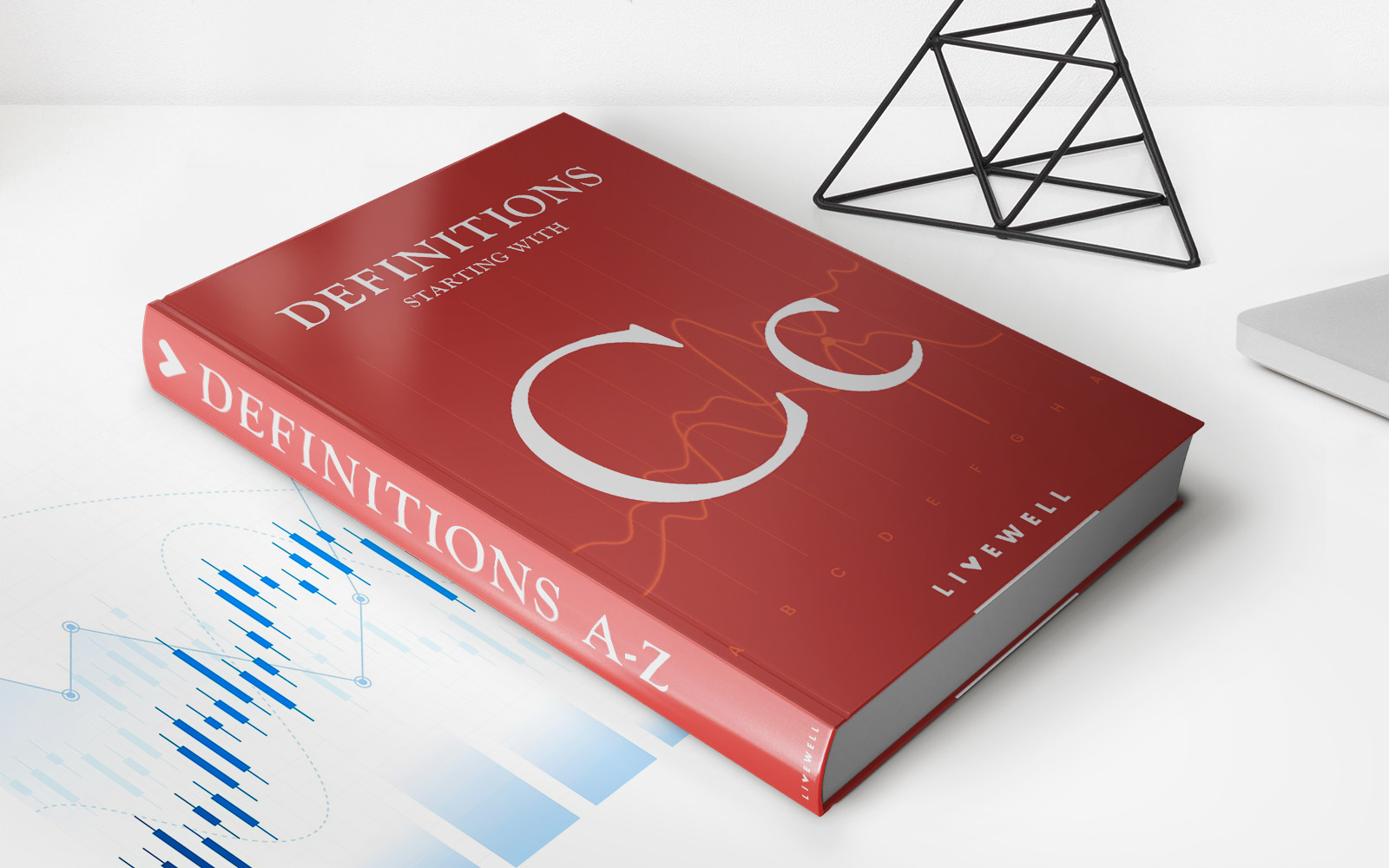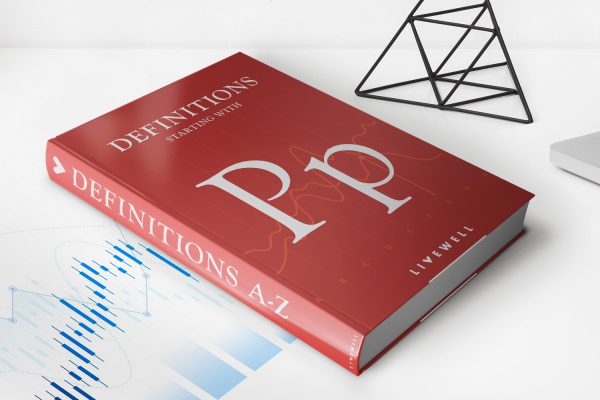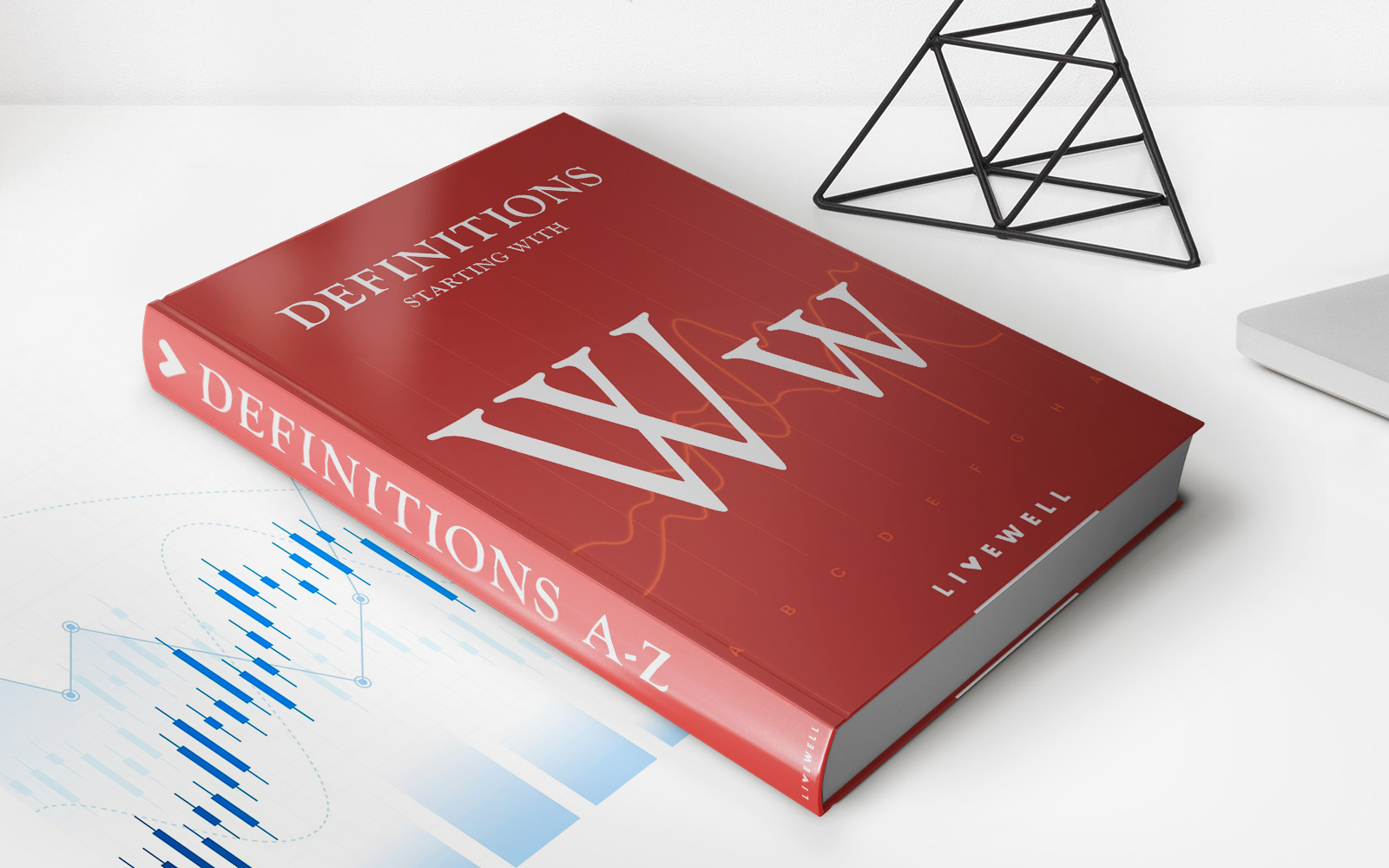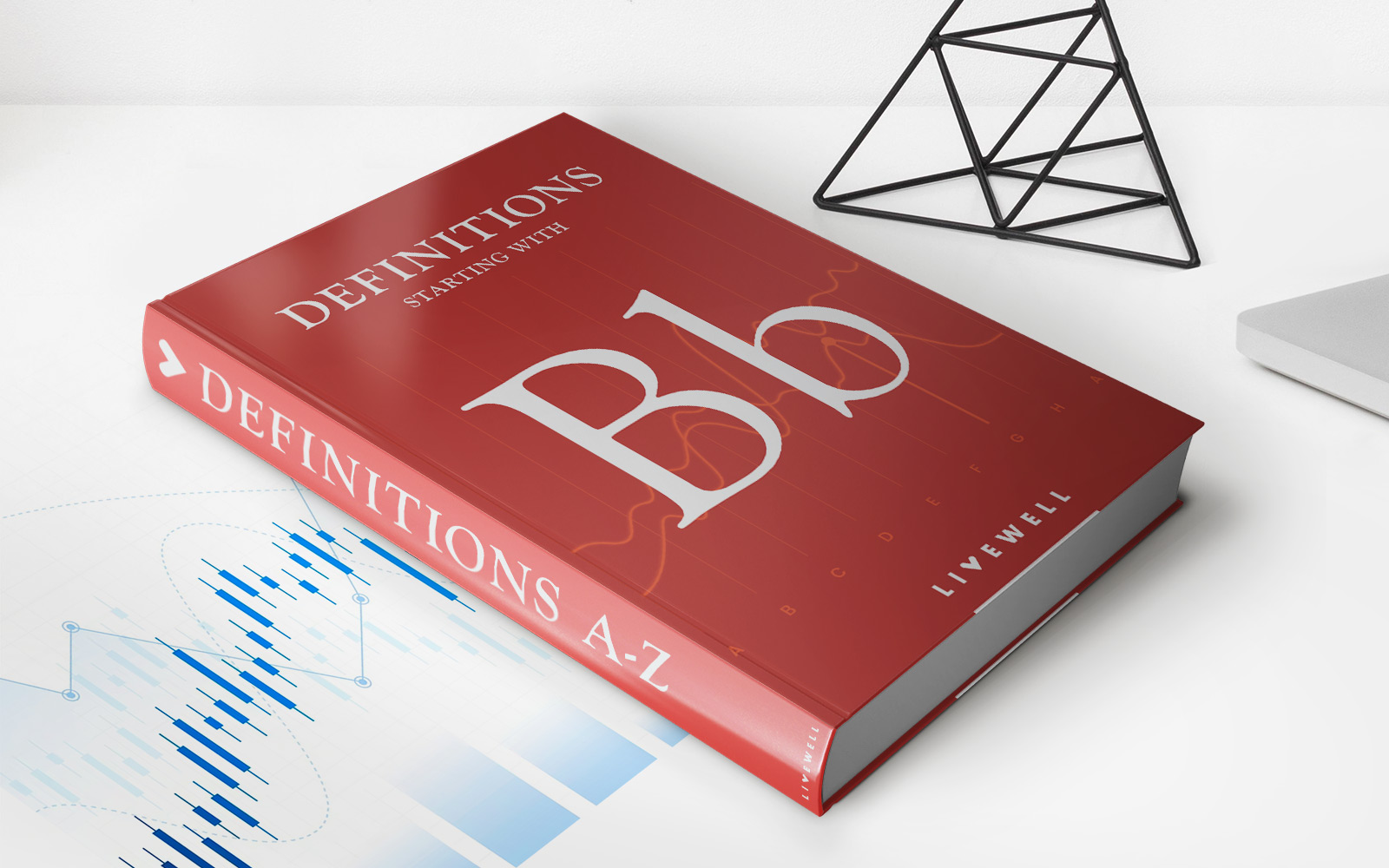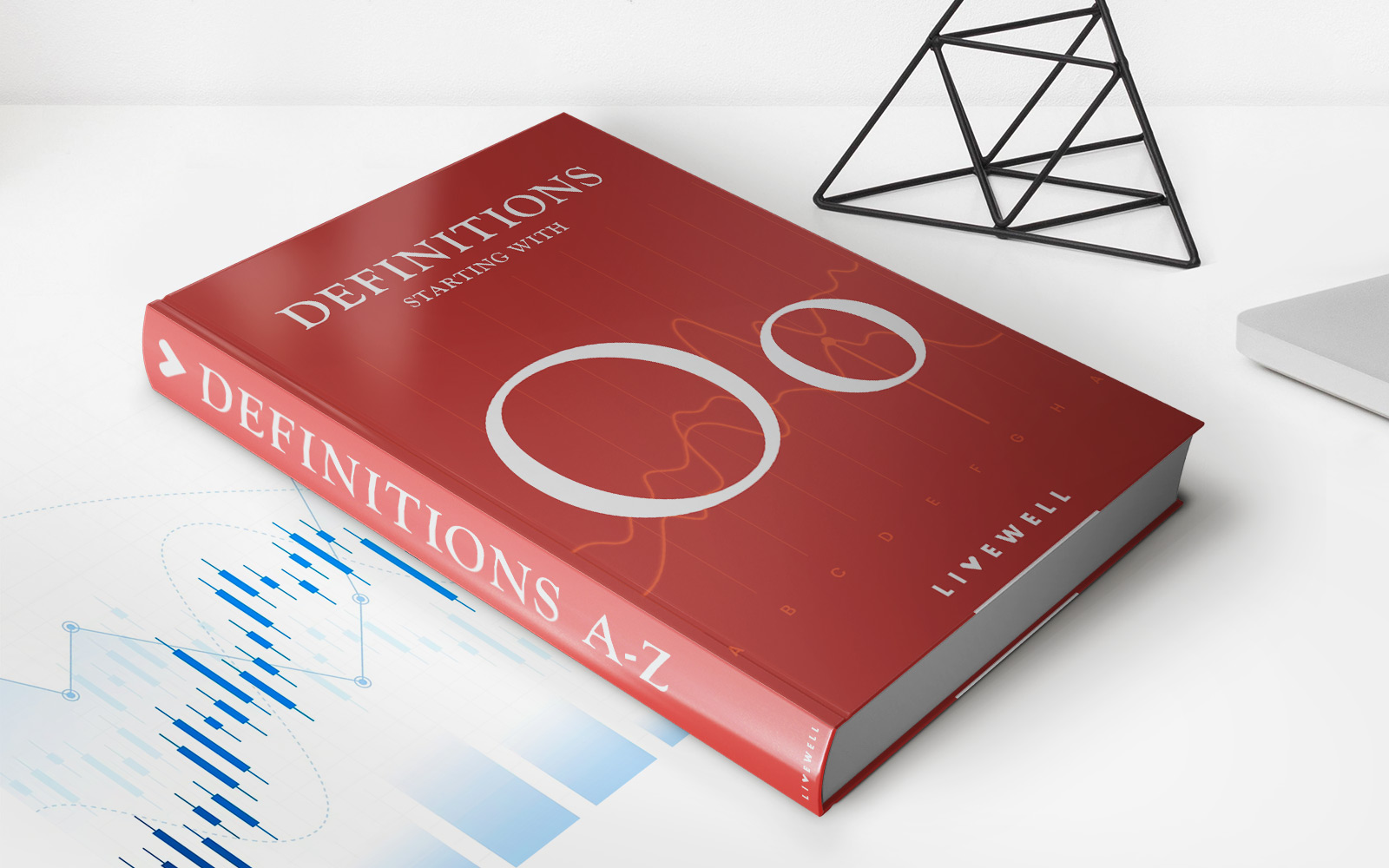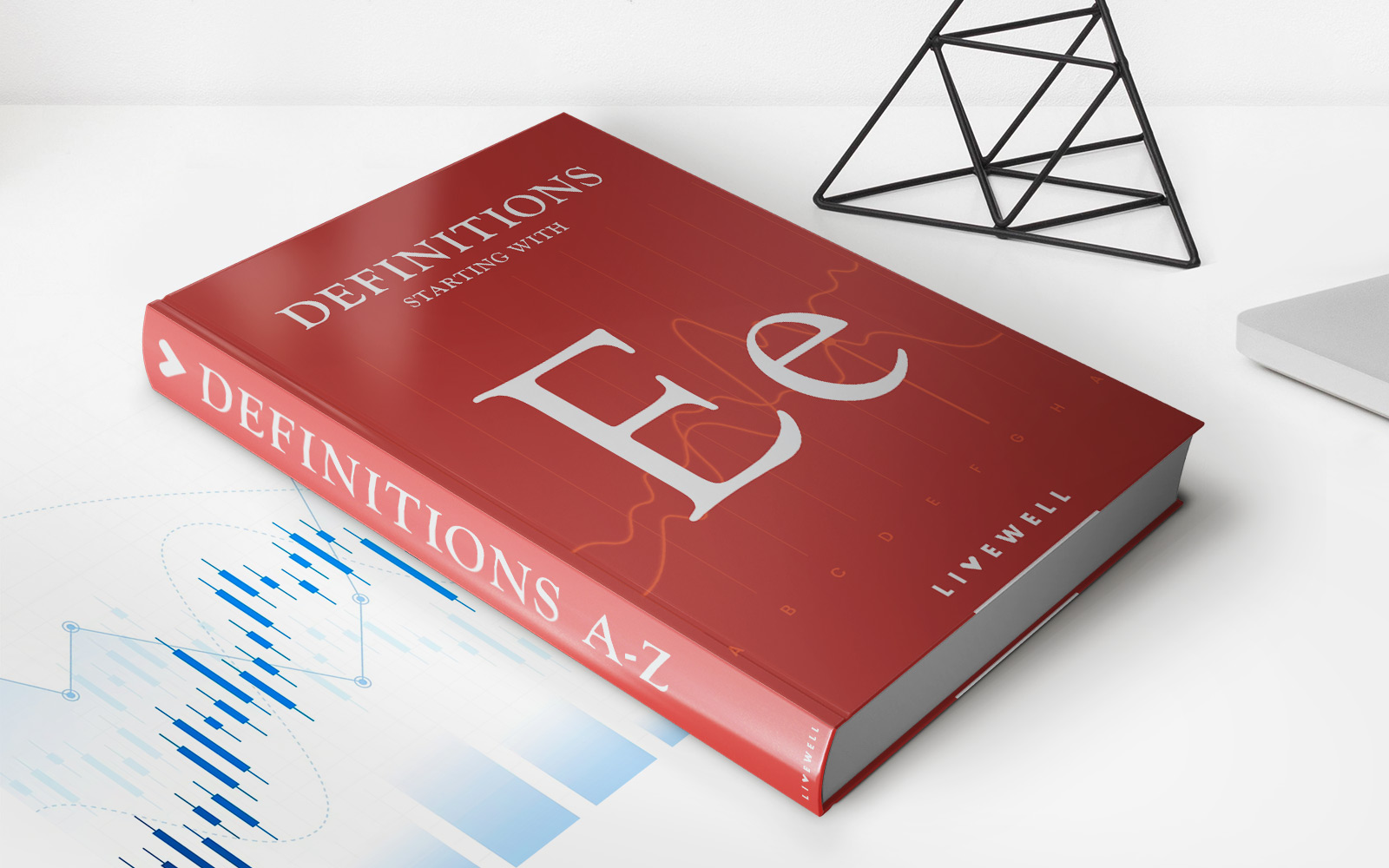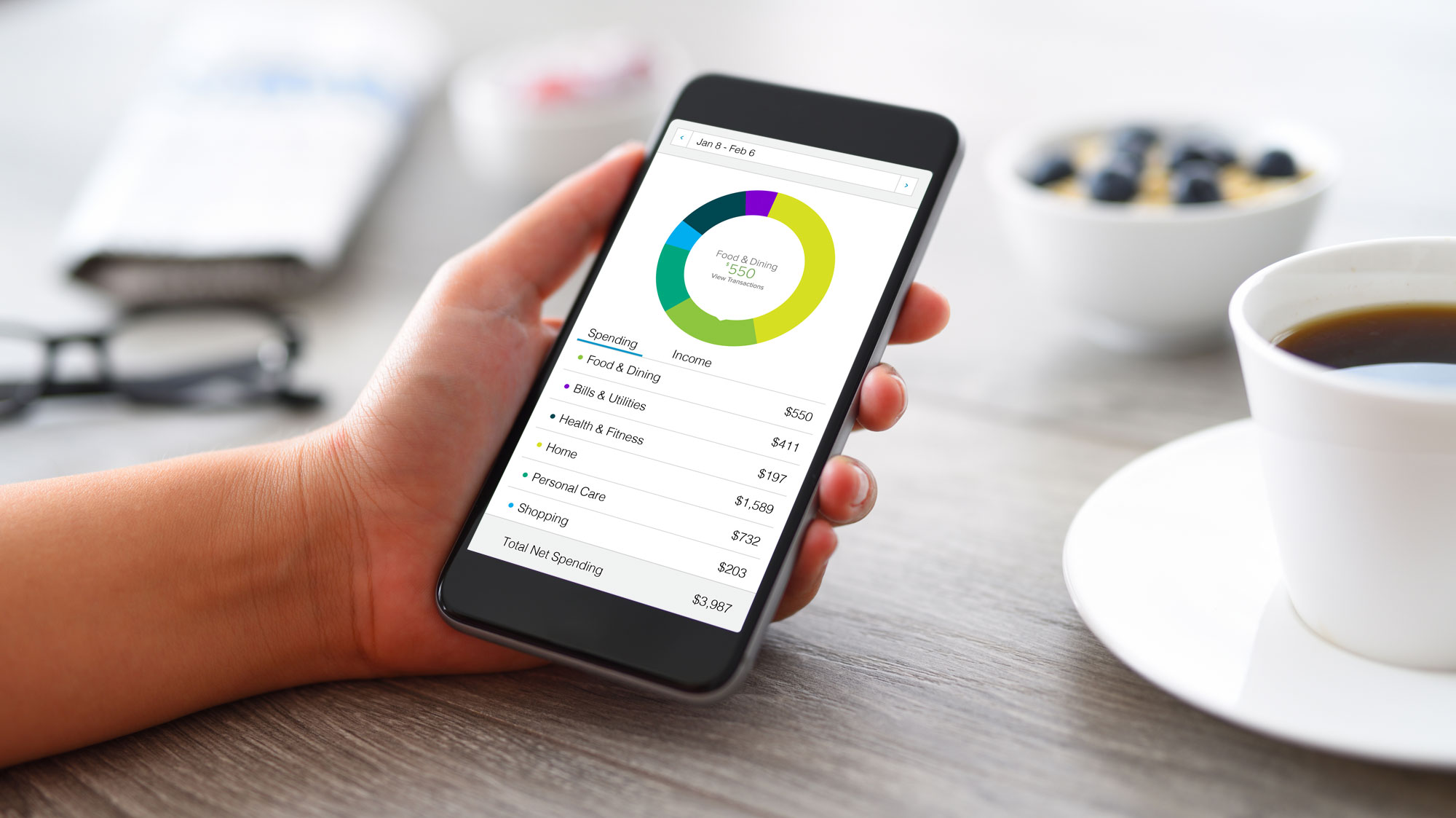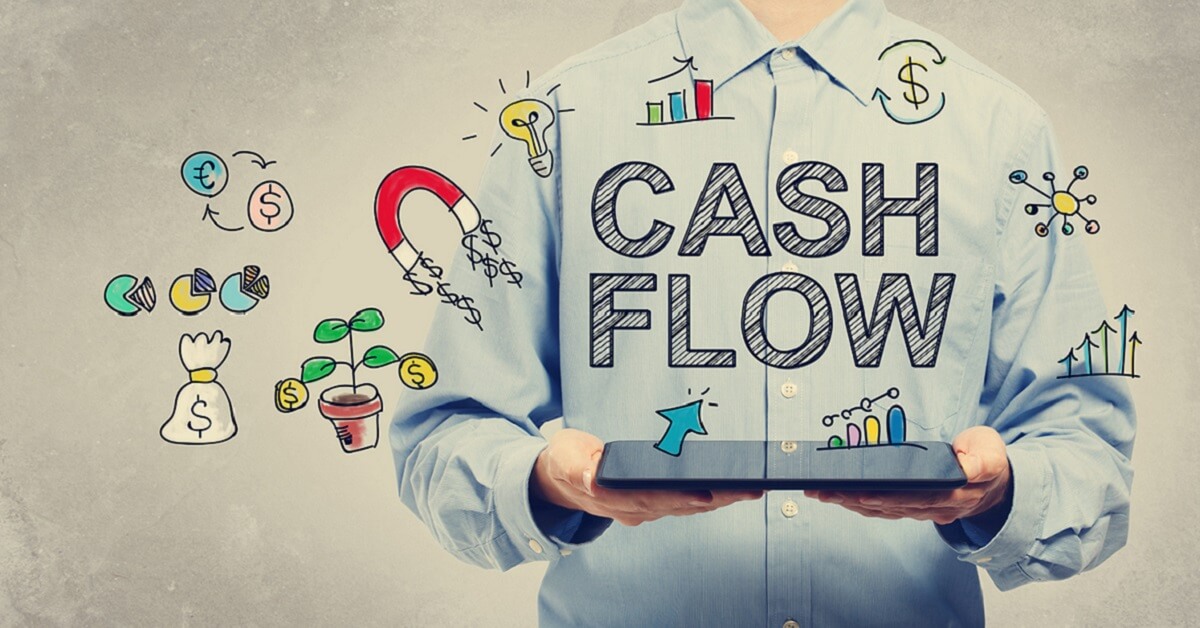Home>Finance>Endowment Effect: Definition, What Causes It, And Example
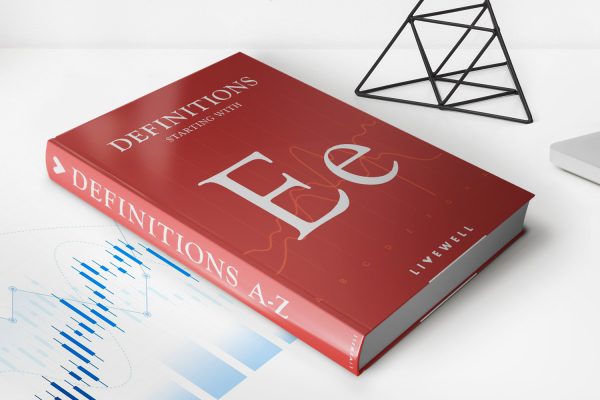
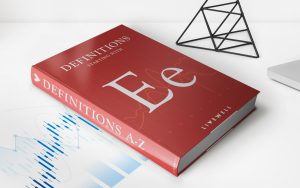
Finance
Endowment Effect: Definition, What Causes It, And Example
Published: November 18, 2023
Discover the endowment effect in finance - learn its definition, what causes it, and explore a real-life example. Understand the psychological phenomenon that influences investment decisions.
(Many of the links in this article redirect to a specific reviewed product. Your purchase of these products through affiliate links helps to generate commission for LiveWell, at no extra cost. Learn more)
The Endowment Effect: Understanding Its Definition, Causes, and an Example
Welcome to our article on the fascinating Endowment Effect! Have you ever wondered why people tend to overvalue things that they own? Or why it’s often so difficult to part with something we possess, even when the rational decision would be to let it go? The Endowment Effect sheds light on these strange behaviors and offers insights into the quirks of human psychology when it comes to valuing our personal belongings.
Key Takeaways
- The Endowment Effect refers to the tendency for individuals to attach more value to things they own compared to those they do not.
- The main cause of the Endowment Effect is psychological ownership, which leads to a sense of personal attachment and increased valuation of objects.
Understanding the Endowment Effect
The Endowment Effect, a concept popularized by behavioral economists, describes the human tendency to assign greater value to items we own compared to identical items we do not own. In simpler terms, we place an irrational premium on something just because it belongs to us. This seemingly illogical behavior can have a significant impact on decision-making processes, both on a personal and business level.
The Endowment Effect demonstrates the cognitive bias that arises when people ascribe more value to an item merely because they already possess it. This can lead to various irrational behaviors, such as:
- Being unwilling to sell an item for less than its perceived value.
- Overvaluation of personal possessions when considering potential trades or purchases.
- Difficulty in letting go of possessions even when they no longer serve any practical purpose.
A classic example of the Endowment Effect is a study conducted by behavioral economist Richard Thaler. In the study, participants were randomly divided into buyers and sellers. Sellers were given a mug as a gift, while buyers were given nothing initially.
After a brief waiting period, buyers were asked to indicate the maximum price they would be willing to pay for the mug, while sellers were asked to state their minimum selling price. Surprisingly, sellers demanded, on average, more than twice the amount buyers were willing to pay for the mug. This disparity in valuation is a clear demonstration of the Endowment Effect.
The causes of the Endowment Effect largely revolve around psychological ownership. When we possess an item, it becomes part of our self-identity, leading to increased feelings of attachment and a distorted sense of value. There are several psychological factors that contribute to the Endowment Effect, including:
- Loss aversion: People tend to place a disproportionate emphasis on avoiding losses rather than pursuing gains. This aversion to loss often leads to an inflated valuation of one’s possessions.
- Status quo bias: The preference for maintaining the current state of affairs plays a role in the Endowment Effect. Sometimes, people simply become comfortable with what they have and are resistant to change, resulting in an overvaluation of their possessions.
- Confirmation bias: People actively seek out and interpret information that confirms their own pre-existing beliefs. This bias can contribute to the inflated valuation of possessions, as individuals selectively focus on positive attributes while disregarding any negative aspects.
An Everyday Example
Imagine you purchased a vintage guitar a few years ago. Although you rarely play it and know that it’s just collecting dust in your attic, you find it extremely difficult to part with it. You remember the excitement of the purchase, the joy of owning a piece often admired by others, and the countless hours you spent learning to play a few chords. In your mind, the guitar has acquired a sentimental value that goes beyond its actual usefulness. This emotional attachment makes it virtually impossible to sell the guitar at a price that reflects its true market value.
The Endowment Effect offers a fascinating insight into our perceptions and decision-making processes. By understanding this cognitive bias, we can make more rational choices when evaluating our possessions and avoid the pitfalls of overvaluation. Remember, the worth of something is not solely determined by its ownership – it’s essential to separate the emotional attachment from the objective value.
